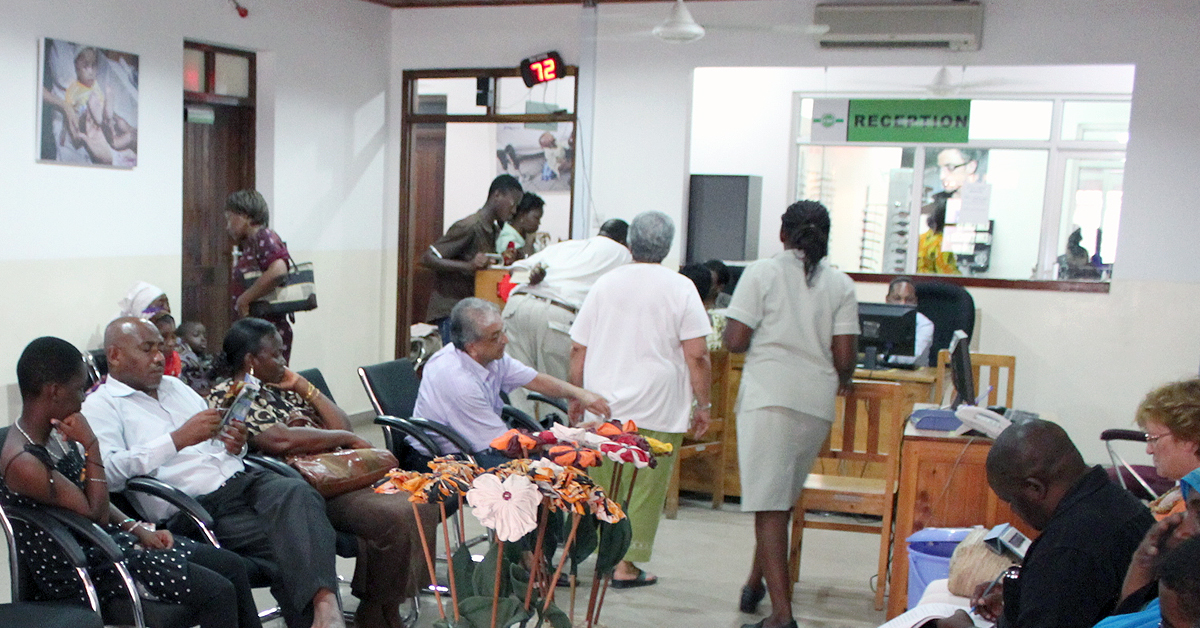
Every day, hospitalist Ankush Bansal, MD, gets a call from a “documentation improvement specialist” about a vitally important topic – his doctor’s notes. “They’ll tell me to make a note more specific, or ask me if a certain condition is chronic,” said Bansal. Why are his notes so important? “It’s got nothing to do with clinical care, it’s just for billing,” he said.
Revenue is king
Bansal is a contracting hospitalist and Right Care Alliance member currently working at the Martin Health System in Stuart, Florida, about an hour north of West Palm Beach. As a physician working locum tenens (temporarily filling positions where needed) all over the country, Bansal has had the opportunity to see how many different hospitals balance caring for patients with financial concerns. For many hospitals, Bansal said, revenue is king.
It’s evil that insurance companies care so little about their customer.
Dealing with documentation specialists is just one of the realities of working in a system based on profit. Another annoyance is electronic medical records. Bansal says EMRs drive overmedication because they don’t have an easy mechanism for cancelling an outpatient prescription, so patients often end up on two of the same type of medicine. “The EMRs are built by for-profit companies as a billing tool but not a clinical tool.”
Bansal also has to advocate on behalf of his patients to insurance companies, some of which show a shockingly unfeeling attitude towards patients. On his fourth day of residency, an insurance company refused to cover hospitalization because of a delay in care that was necessary for the patient’s safety. The next day, while she was still in the hospital, they dropped her coverage, saying they should not have delayed care because the patient “could have died anyway.”
“I think it’s evil that insurance companies care so much about the profit and so little about their customer,” said Bansal.
Policies to reduce overuse
However, it’s not all bad news. Bansal has seen several examples of innovative policies at hospitals to prevent overuse. One hospital had a policy for preventing unnecessary lab tests where doctors could order a liver function test or metabolic profile, but if they tried to order the same test the next day, the order would not go through. In another hospital, doctors tended to order minerals for patients who had low electrolyte counts, even if it wasn’t causing them problems. The pharmacists in that hospital decided they wouldn’t replete the minerals if the patient had no medical symptoms.
Despite these promising initiatives, Bansal notes that collaboration between different types of clinicians is difficult because of specialty silos. For example, there is research in emergency medicine no longer recommending pre-medication prior to a CT scan for those with chronic kidney insufficiency, but radiologists may not be aware of this research. “ER physicians will understand but radiologists will say, it’s not in our literature! Until it’s accepted in their specialty, they won’t buy it,” said Bansal.
Physicians need to be activists, to advocate for research and social investments.
It’s all political
The first step toward breaking down these silos is through collaborative spaces, such as the Right Care Alliance Congress. Bansal appreciated the chance to discuss new right care initiatives at the conference, such as helping patients sleep better in the hospital to avoid overmedication.
Another highlight of the conference for Bansal was hearing speakers explicitly link medicine and advocacy. “The argument people are always making is that science and medicine aren’t political. Of course it’s political, it’s always political!” he said. “Physicians need to be involved in activism, to advocate for investments in research and access to care but also for social investments.”

